An interview with Eduardo Lazzarotto, Chief Product & Strategy Officer at ALLPLAN, looking at five AEC technology trends that are poised to make a substantial impact in 2024.
Can you share insights on the advancements expected to impact the AEC industry this year?
Eduardo: Certainly. The AEC industry is undergoing remarkable transformations and in 2024, we anticipate several key technology trends that will significantly influence how we approach design, engineering, construction and infrastructure management.

From the impact of generative AI on digital knowledge management to the transformative integration of IoT sensors, the innovative potential of asset-based digital twins and the metaverse, the game-changing influence of robotics and large-scale 3D printing, and the driving force of digitally enabled sustainability, we expect cutting-edge developments to shape the future of AEC.
One of these trends is the emergence of generative AI. How do you foresee this technology revolutionising the AEC landscape?
Eduardo: Generative AI, or GenAI, is truly reshaping how we work within the AEC industry. It enhances knowledge management by leveraging artificial intelligence to handle vast amounts of data, streamlining content generation and offering unprecedented insights. It facilitates better design optimisation, error reduction and smarter planning decisions. Moreover, GenAI enhances user experiences with predictive modelling and natural language processing, making interactions with sophisticated software tools smoother.
At the end of last year, we announced a technology partnership with elevait, a provider of AI-based enterprise software, to make it easier for the construction and real estate industries to access its full project data. Elevait and Allplan offer an intelligent search engine for proprietary documents such as plans, contracts, invoices, quotations and delivery notes. We are excited to see how this partnership will significantly impact the next versions of Allplan software.
Another trend highlighted is the utilisation of IoT sensors. How do these sensors play a role in the industry’s transformation?
Eduardo: IoT sensors are pivotal in revolutionising how buildings are created and managed. They provide real-time data that aids in informed decision-making, optimising construction processes and ensuring efficient building management. From monitoring building performance for proactive maintenance to offering insights during design and construction phases, these sensors enhance efficiency, sustainability and responsiveness across various stages of a project.
The concept of digital twins and the metaverse appear full of potential. How do they impact communication within the AEC industry?
Eduardo: Digital twins and the metaverse are redefining communication within our industry. Digital twins serve as precise virtual replicas of physical structures, allowing for enhanced collaboration and accurate simulations. For example, the Nemetscheck SaaS digital twin platform, dTwin, launched last year, provides a horizontal, open platform delivering data-driven insights and helps customers to efficiently manage facilities from design to operations.
“Generative AI, or GenAI, is truly reshaping how we work within the AEC industry. it enhances knowledge management by leveraging artificial intelligence to handle vast amounts of data, streamlining content generation and offering unprecedented insights.”
Integrating digital twins into the metaverse enables stakeholders to engage in collaborative design and planning sessions regardless of geographical constraints. This convergence significantly enhances project visualisation, management and communication.
Robotics and 3D printing are also mentioned as leading innovations in the AEC sector. How do these technologies shape the industry?
Eduardo: Robotics and 3D printing technologies are at the forefront of innovation, enabling precision, efficiency and cost reduction. They’re transforming prefabrication methods, revolutionising production processes and even taking on tasks traditionally performed by construction workers. These technologies open new possibilities in design, construction methodologies and building maintenance, promising a shift in the industry’s operational landscape.
Sustainability remains a significant focus. How are digital tools supporting the industry’s shift towards eco-friendly practices?
Eduardo: Digital tools, from smart building systems to advanced construction materials and modern construction methods, are pivotal in promoting sustainable practices. They optimise energy usage, regulate building climates efficiently and minimise waste during construction. Additionally, they enable precise planning and resource optimisation, ultimately contributing to reducing the industry’s environmental footprint.
ALLPLAN
www.allplan.com
LinkedIn
Facebook
YouTube
*Please note that this is a commercial profile.

